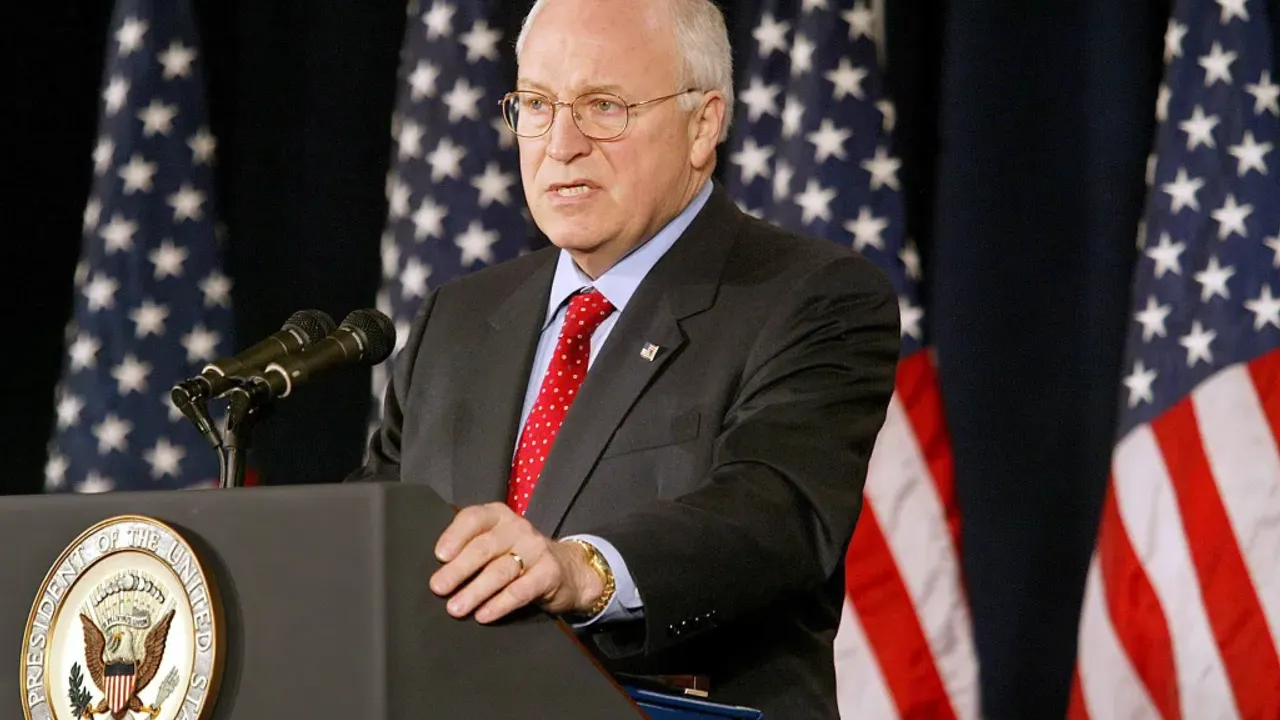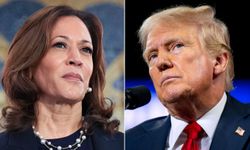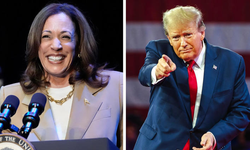Cheney, who served as Vice President under President George W. Bush from 2001 to 2009, has long been a stalwart of conservative politics. His decision to back Harris, who is running for re-election alongside President Joe Biden, is unexpected given his previous political career and affiliations. This endorsement reflects a broader trend of unexpected political alignments and endorsements that have emerged in recent years.
In his statement, Cheney highlighted his respect for Harris’s leadership and her role in the current administration. He emphasized that his support stems from his belief in her qualifications and her approach to governance, which he argues aligns with his values on certain key issues. Cheney’s support is seen as a move to endorse what he perceives as competent leadership and to transcend traditional party lines in the interest of national stability and progress.
The announcement has sparked a range of reactions from both sides of the political spectrum. Some view Cheney’s endorsement as a principled decision based on merit rather than party loyalty, while others interpret it as a strategic move influenced by the current political climate. The endorsement also raises questions about the shifting dynamics within American politics, where traditional party boundaries are increasingly fluid and personal convictions sometimes take precedence over party affiliation.
As the election approaches, Cheney’s decision to support Kamala Harris adds a new layer to the political landscape, highlighting the complex and often unpredictable nature of contemporary American politics. His endorsement underscores the idea that political allegiance is not always static and that individual assessments of leadership qualities can drive unexpected endorsements across party lines.













